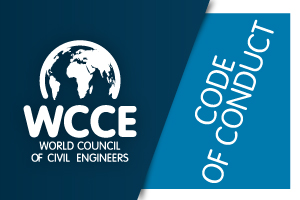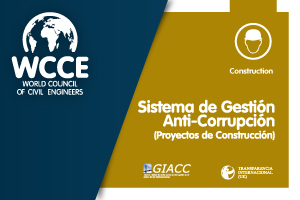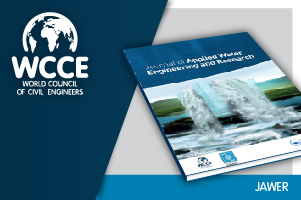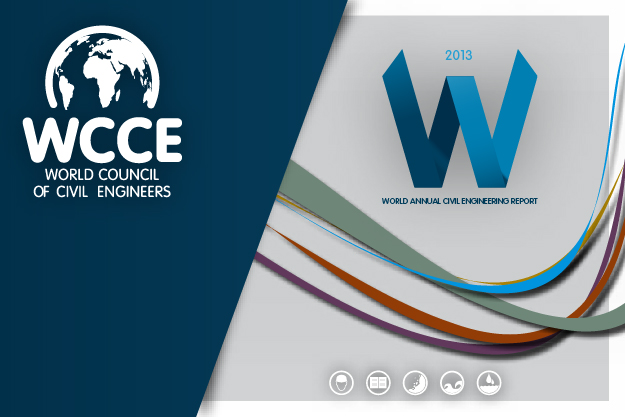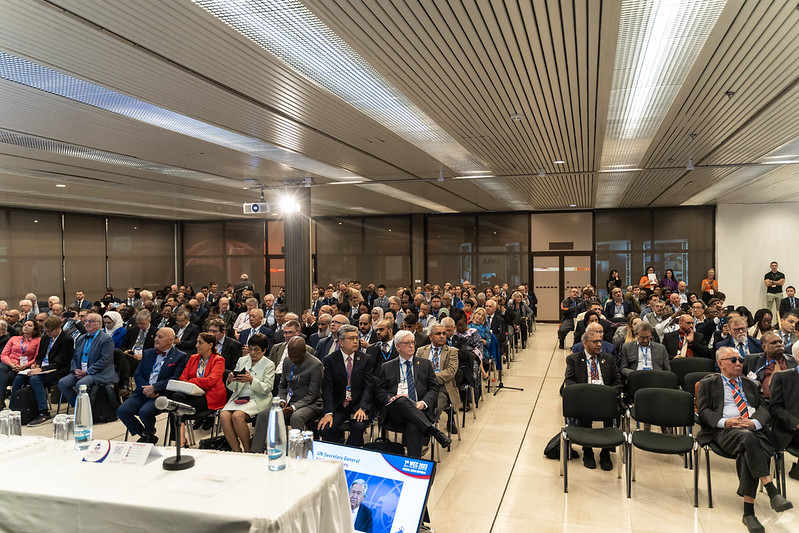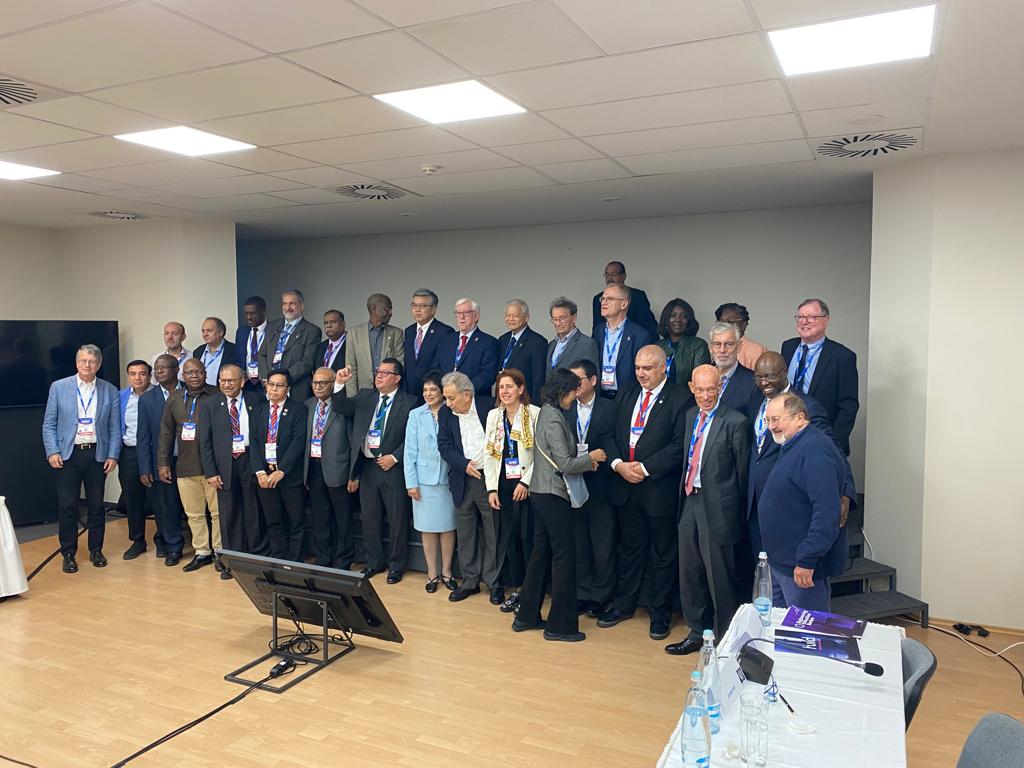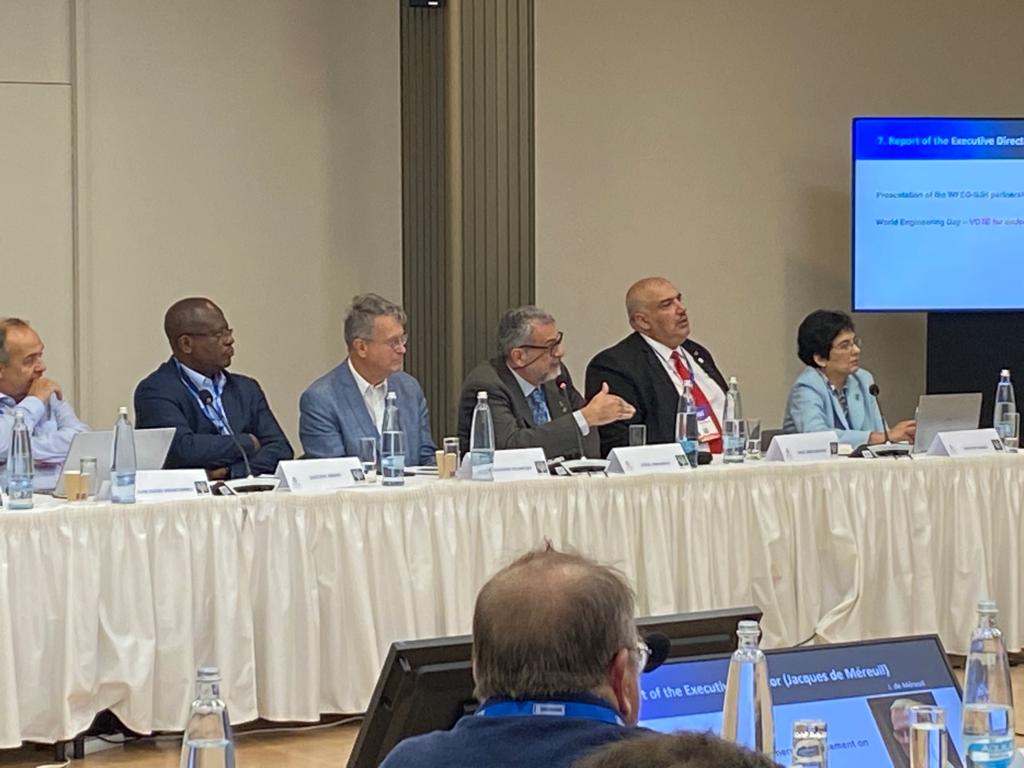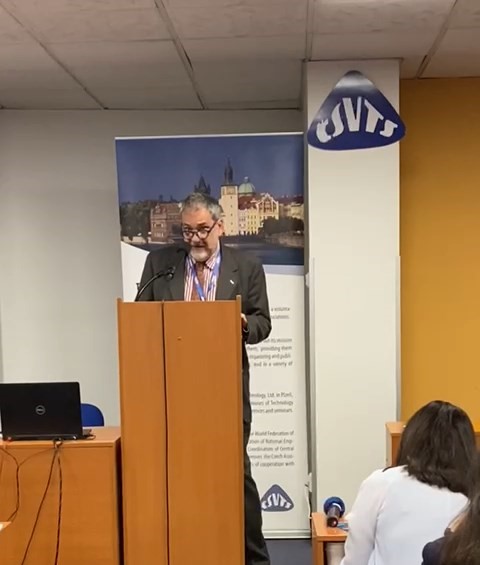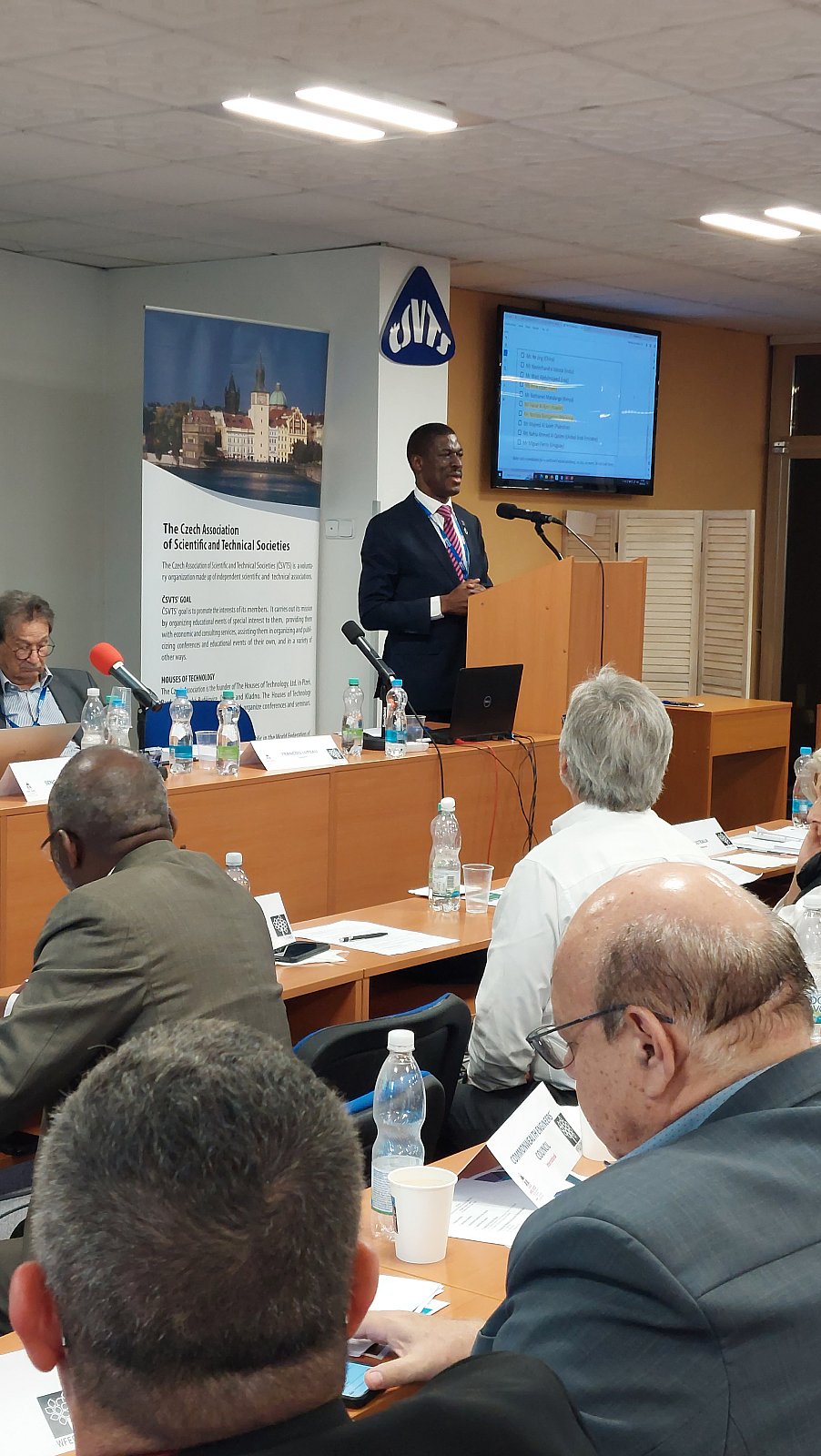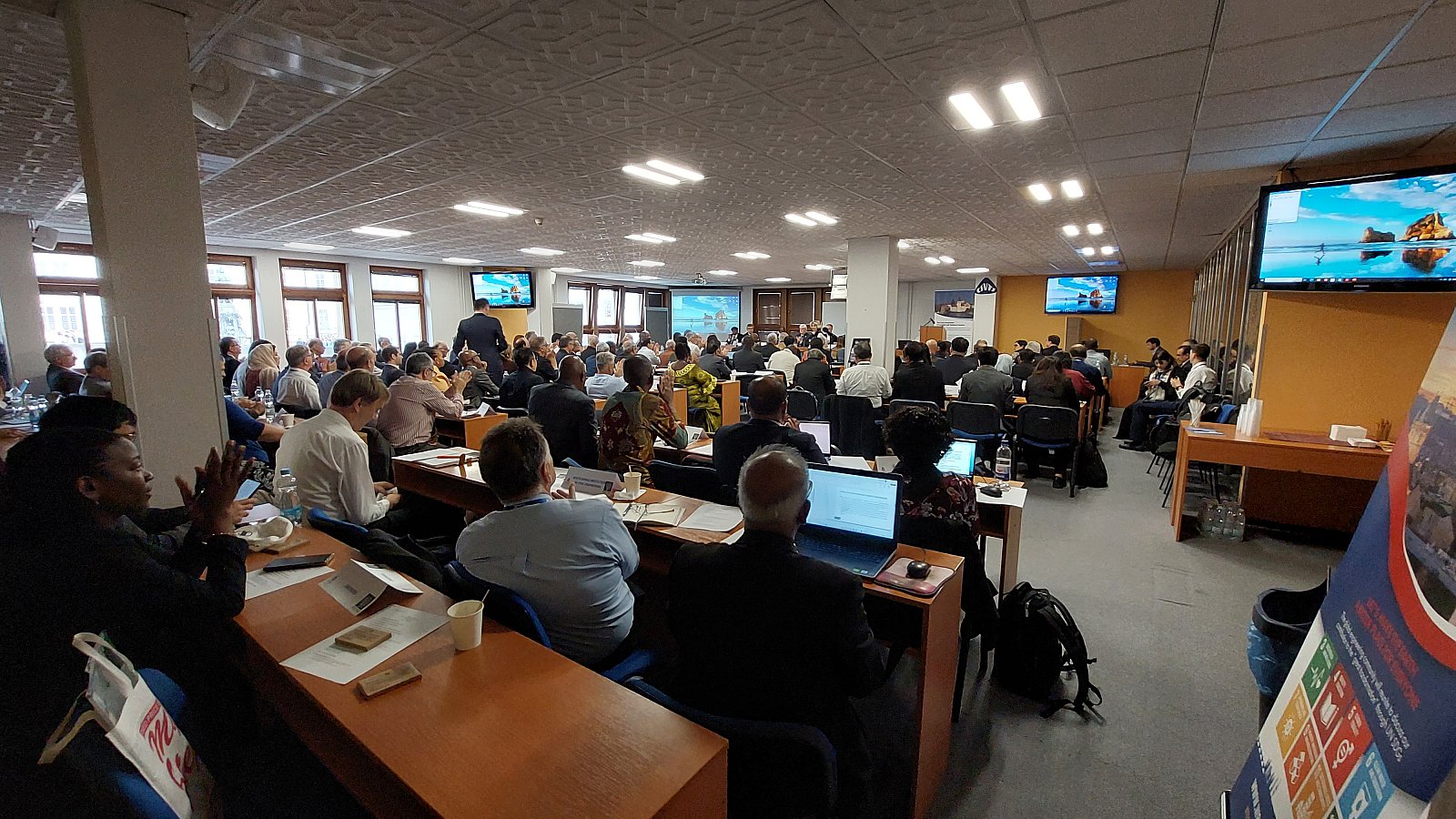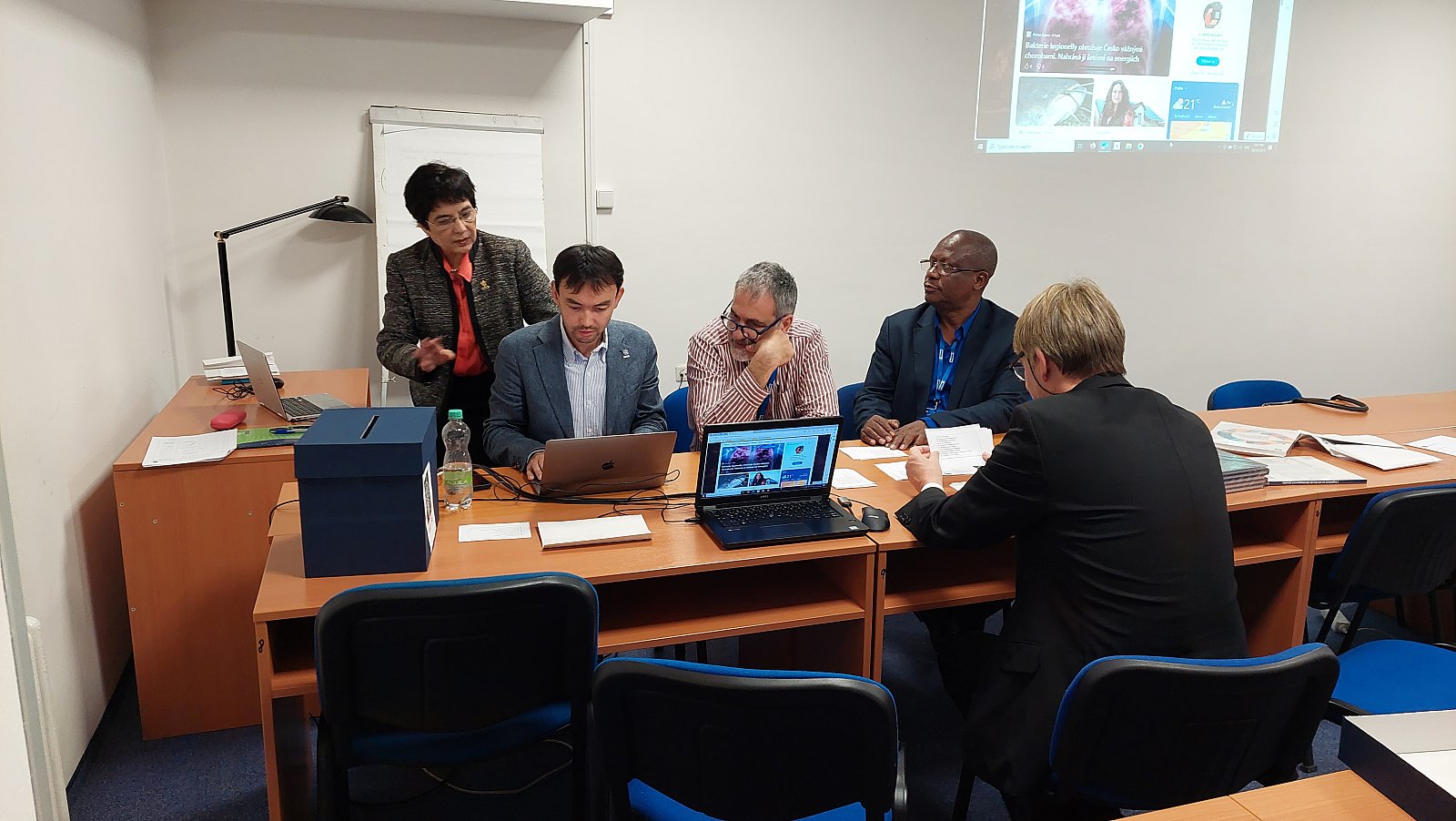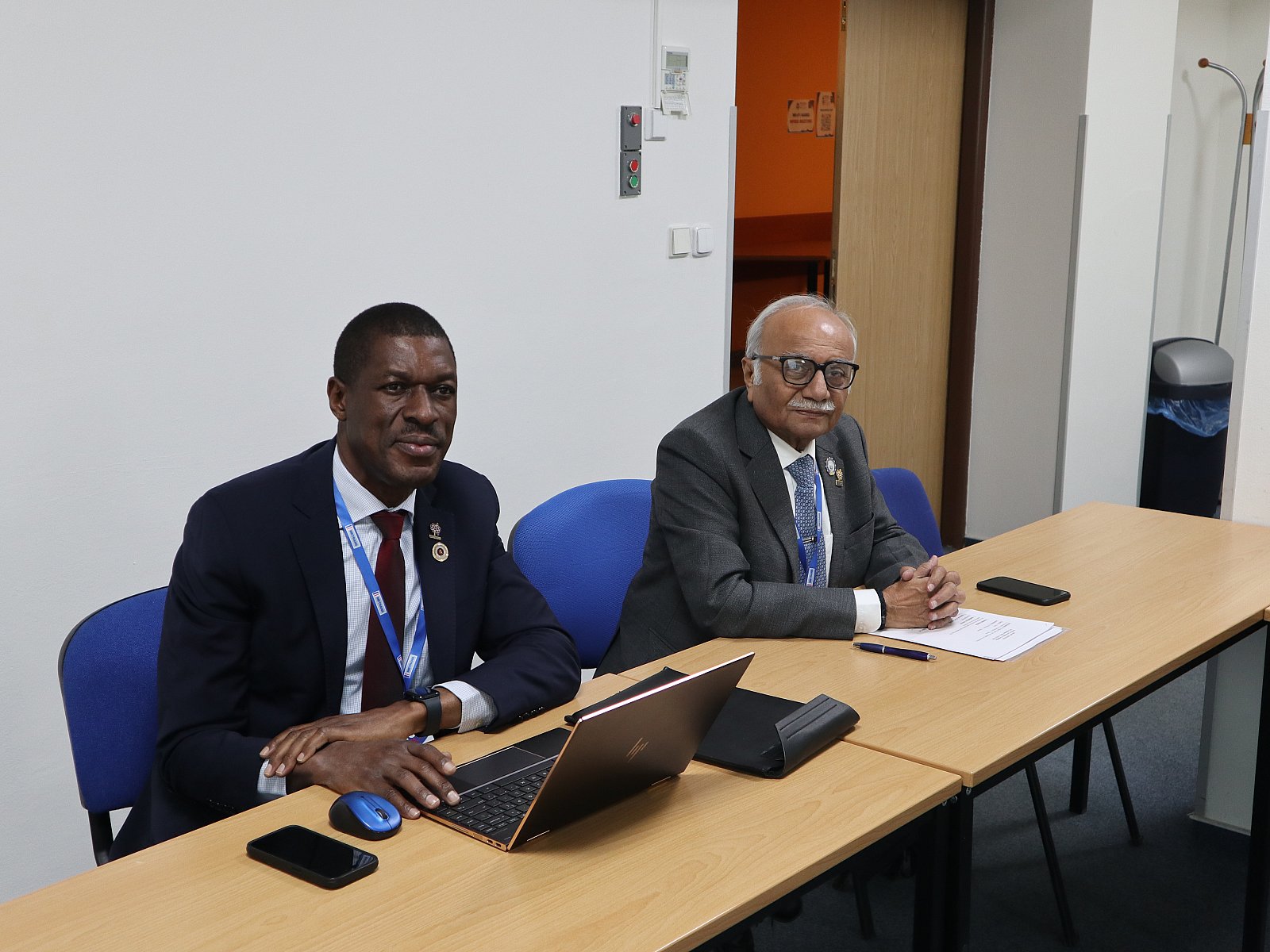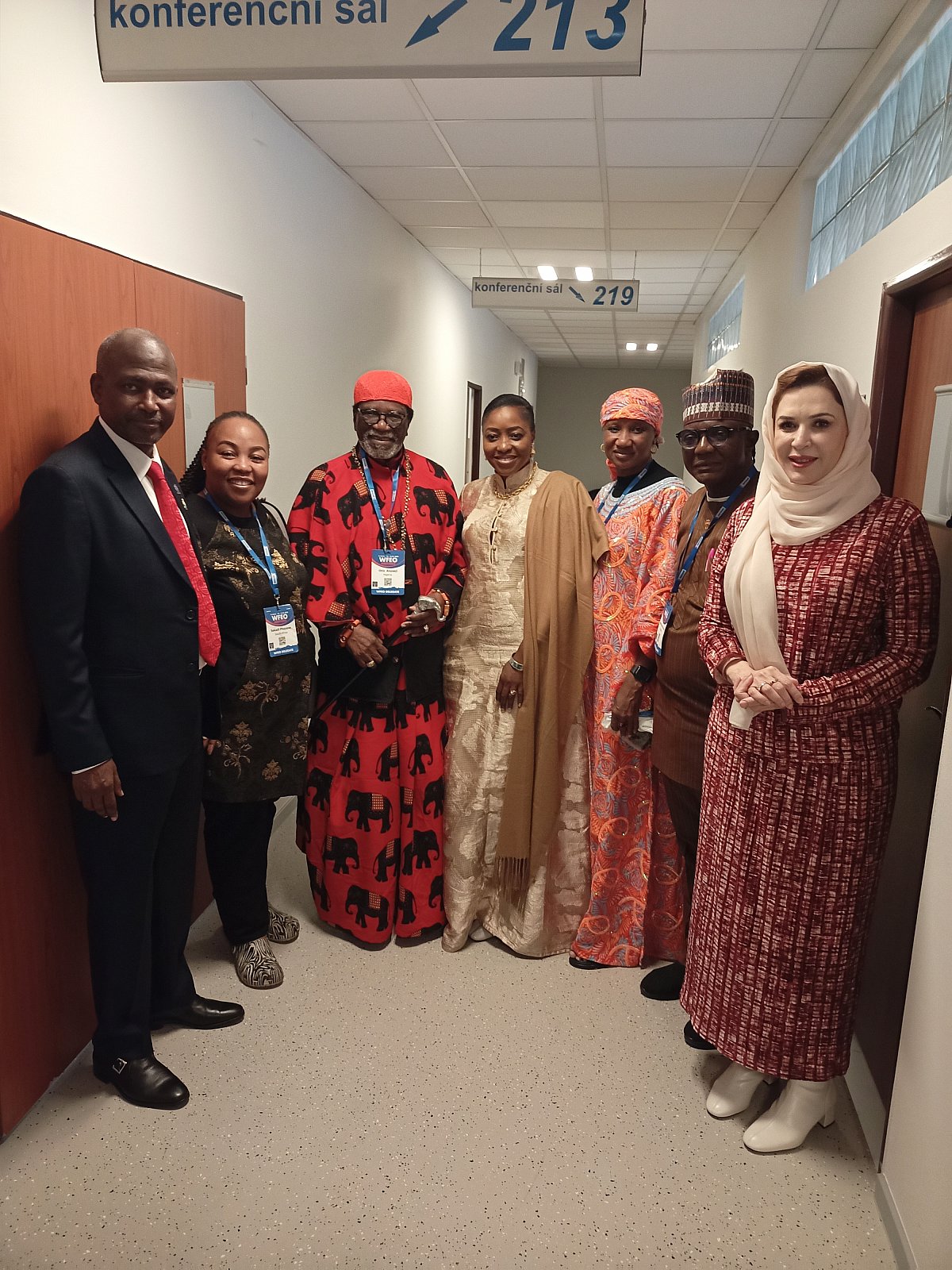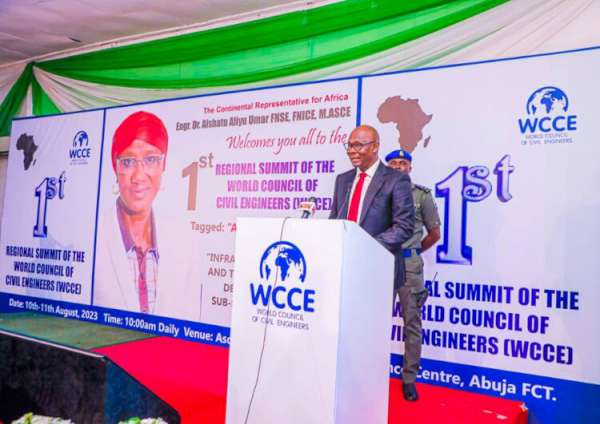 Highlights of the 1st WCCE African Regional Summit in Abudja
Highlights of the 1st WCCE African Regional Summit in Abudja
Organized by our WCCE's continental Representative, Dr. Aishatu Umar, the First Regional Summit of the World Council of Civil Engineers was held from August 9th to 11th in Abuja, Nigeria. The Summit described the diversity both economical and political of Sub-Saharan Africa and its many challenges, among them, a blatant infrastructure deficit. The Summit was an effort to address different challenges due to either lacking or poor infrastructure - a major obstacle to economic growth and development in the region, as a lack of sufficient access to power, road networks, telecommunications, and efficient transportation hinders the flow of goods, services and information. Note that SDG 9 mandates the Development of quality, reliable, sustainable, and resilient infrastructure.
With a tremendous impact on the attendance and media, authorities and engineers from several African countries (Ethiopia, Ghana, Tanzania, Rwanda) addressed the challenges and solutions the region is facing, and the diverse and complementing roles of the international development partners and local communities. Among the speakers was Gov. Abdullahi Sule of Nasarawa State, who called for innovative ideas and stated that "reversing the infrastructure deficit will require the cooperation of engineers". Additionally, Mr. Emeka Ezeh, former President of the Nigerian Society of Engineering said one factor militating against Africa’s infrastructure is its economic geography, characterized by an overall low population density. The National Chairman of the Nigeria Institution of Civil Engineers (NICE) Engr. V.C. Ezugu and many recognized African engineers. The milestone event caught the eye of newspapers and TV news programs. Herein we enclose several chronicles and articles on topics addressed by the Summit:
Efforts like this raise the bar for WCCE's involvement and become milestones in the development of the WCCE.
Declaration
- Sub-Saharan house human and material resources in Africa for development. Civil Engineers are committed to develop Africa bearing in mind that the four drivers of development are:
Infrastructure, Investment, Innovation, and Inclusion. - Advocacy for Civil Engineering as a Profession is necessary to train more engineers to take over from the present generation of professionals. It is also necessary for Engineers to practice as partners and consortiums.
- Infrastructure deficit is seriously militating against Africa’s economic growth with Power as the major infrastructure challenge. If half of the 1.1billion population of the Sub-Saharan Africa have access to electricity/energy, then a lot more is required.
- There is need for well-defined infrastructure programs and bankable investments; hence government institutions need to be strengthened.
- The Public Private Partnership financing options for Sub-Saharan Africa should be tailored to meeting our peculiarities. Other financing options are concessions, loans from Multilateral Agencies like World Bank, African Development Bank, International Finance Corporations, Bilateral Agencies such as GIZ, USAID etc, revenue and local infrastructure bonds.
- The use of technology is imperative for faster and effective infrastructure development. Such technologies include Augmented Reality, Cloud Technology, Drone Mapping, Internet of Things, etc.
- Massive investments in Infrastructural projects are needed in Sub-Saharan Africa.
- Infrastructure project development must assess climate change impacts considerations on equal foot with safety and serviceability.
- Civil Engineers must take advantage of the opportunities created by climate change, such as carbon accounting and lowering of greenhouse gas emissions in construction.
- There is the need for Sub-Saharan African Countries to vigorously pursue the African Union Agenda 2063 for sustainable infrastructure development.
- Sustainable infrastructure growth and development requires investment in continuous education and research and development in the field of civil engineering.


